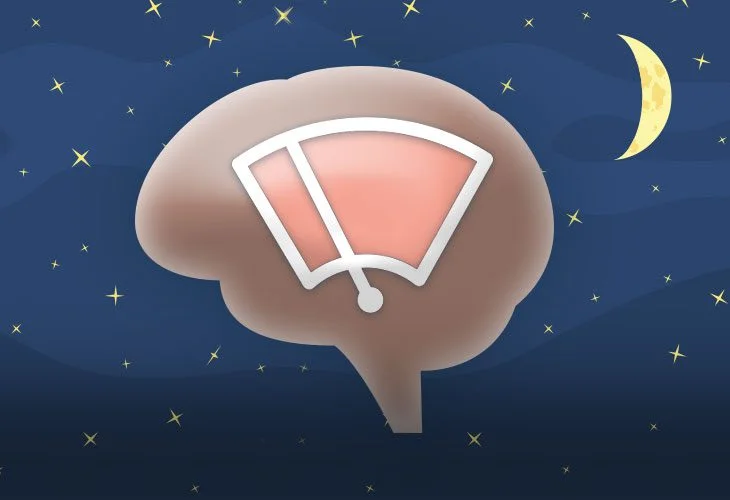Research Shows Sleep Cleans Your Brain
This past weekend marked the end of daylight savings time, where the clocks “fell back” an hour at 2 a.m. Sunday, presumably giving the millions of sleep-deprived Americans an extra 60 minutes of shut-eye.
Since people theoretically get an extra hour to sleep, “falling back” or reverting to standard time is generally thought to be less physically stressful than the clock springing-forward.
But is it really?
Even though we gain precious minutes to sleep, turning back time can still disrupt our circadian rhythm, the “internal clock” responsible for regulating sleep. Harvard Health reported that it can take a week or more for our bodies to adjust to the time change. Other research indicates that even the relatively small 60-minute time change can have negative effects on the body, health and even traffic safety!
These negative effects are more significant for those who already struggle with good sleeping habits. For them, this can often translate into more insomnia, rather than more sleep.
In reality, many people don’t, or can’t, take advantage of this past weekend’s extra hour of sleep. They may see the extra hour as an excuse for 60 more minutes to binge-watch another episode of “Orange Is The New Black.”
Skimping on sleep can affect your health in more ways than you might imagine. When you don’t get enough sleep, you have overall decreased blood flow to your brain, which disrupts thinking, memory, and concentration.
Furthermore, in fascinating new research, scientists discovered that the brain has a special “waste management system” that works while you sleep to get rid of toxins, including the brain plaque thought to contribute to age-related memory issues. Without healthy sleep, the cleaning crew does not have enough time to do their job and trash builds up, causing brain fog and memory problems.
Having high-quality sleep is essential to wellness, although for some it can be elusive. If you already do all the right things, such as maintain a regular sleep schedule, avoid caffeine later in the day and get regular exercise but still have problems falling asleep, a natural supplement that supports sleep may give you the relief you need.
BrainMD Health’s own GABA Calming Support and Restful Sleep are two natural supplement formulas that contain ingredients shown in clinical studies to help relax your body and mind and ease you into peaceful sleep.
There’s just no better way to start the day than waking up feeling refreshed and ready to go!
- Veterans Day: One Warrior Shares Some of the Best Ways to Heal from Trauma - November 2, 2023
- Could Your Mood Issues Be Linked to a Pain In the Neck? - October 13, 2023
- What’s At the Root of Your Sciatic Nerve Pain? - September 20, 2023



